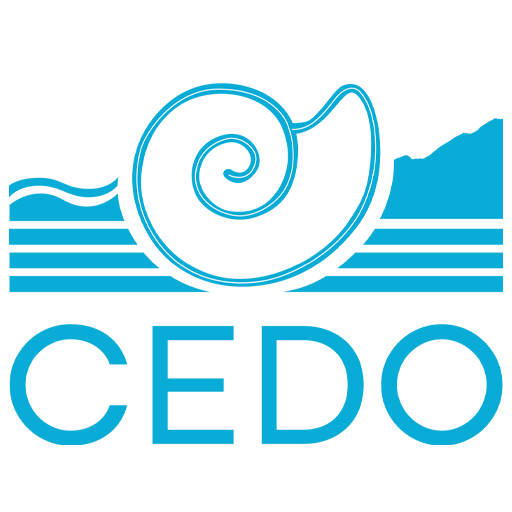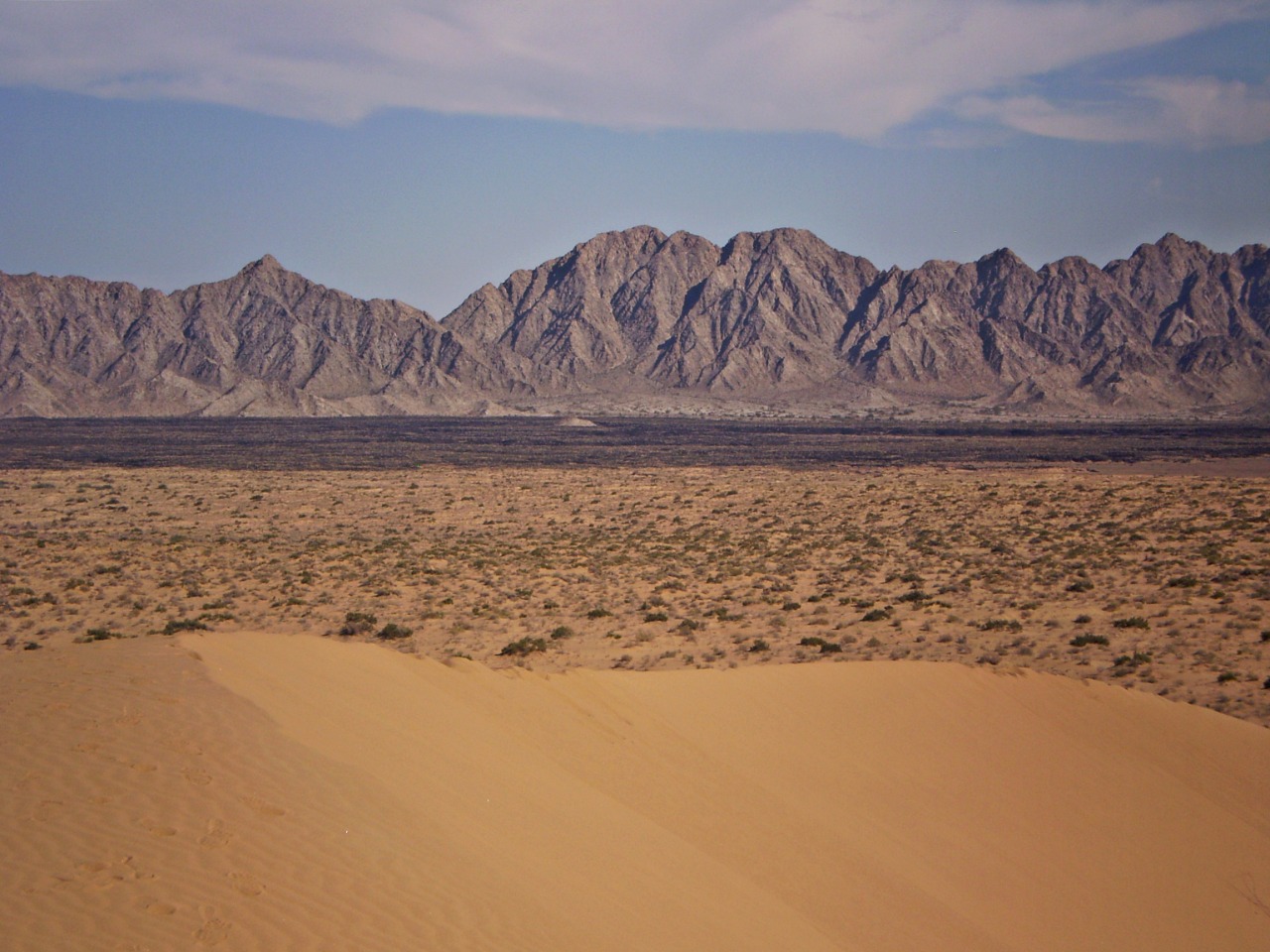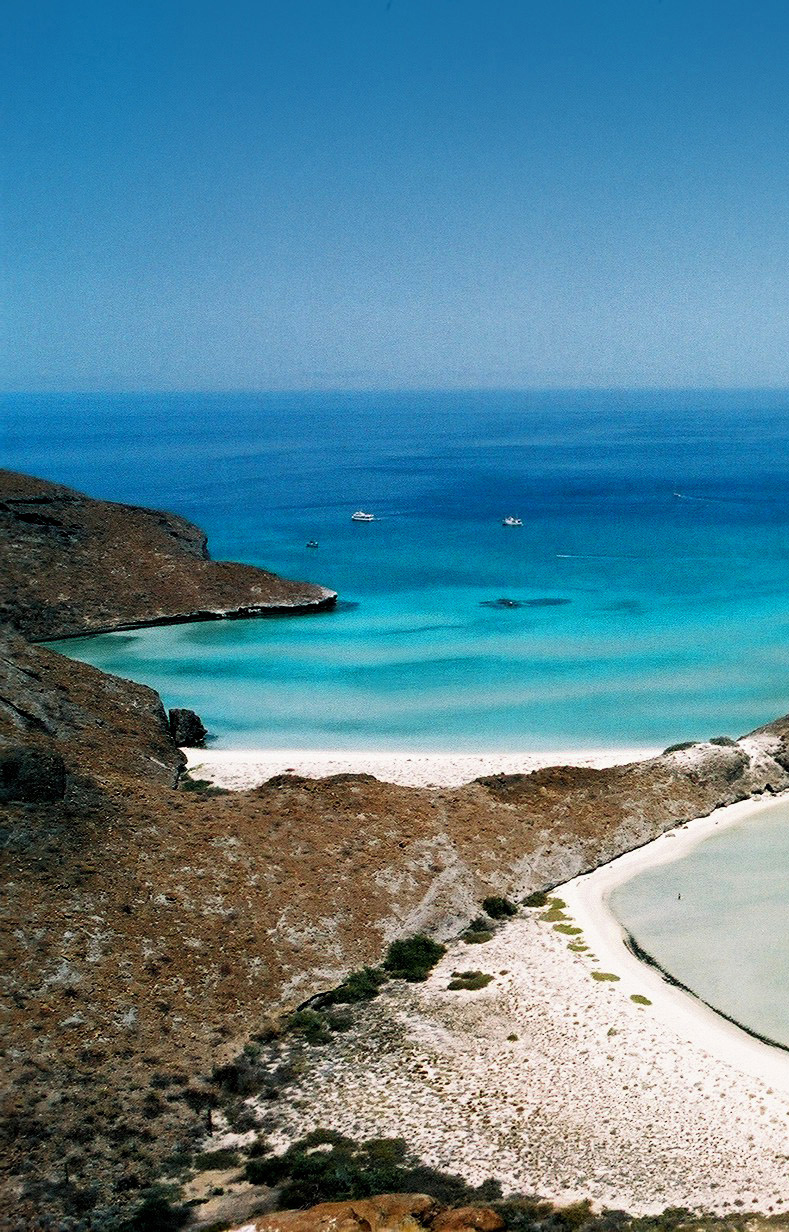CLIMATE CHANGE &
Ecosystem Management
The Climate Change Program’s main objective is to carry out research actions to identify the effects of climate change, help understand which human populations, fisheries and aquaculture areas are the most vulnerable to this change and help improve the adaptive capacity of the fishing sector.
In Mexico…
Climate change is already impacting the life, habitats, and well-being of coastal communities, particularly in the northwestern region of Mexico where CEDO works. This is why, as researchers, we generate and disseminate information that will support our goal with a focus on the effects of climate change on fisheries, aquaculture and coastal communities.
At CEDO, we are working and developing proposals with a reference framework based on the results of the country’s NDC update, and taking advantage of our organization’s experience, with emphasis on blue carbon and climate change issues.
Climate change is arguably the greatest challenge facing humanity today. If we do not reduce or sequester the volume of greenhouse gas we emit into the atmosphere, changes in weather and climate will have a cascade of effects that will impact all energy and material flows both within ecosystems and from nature to people.








